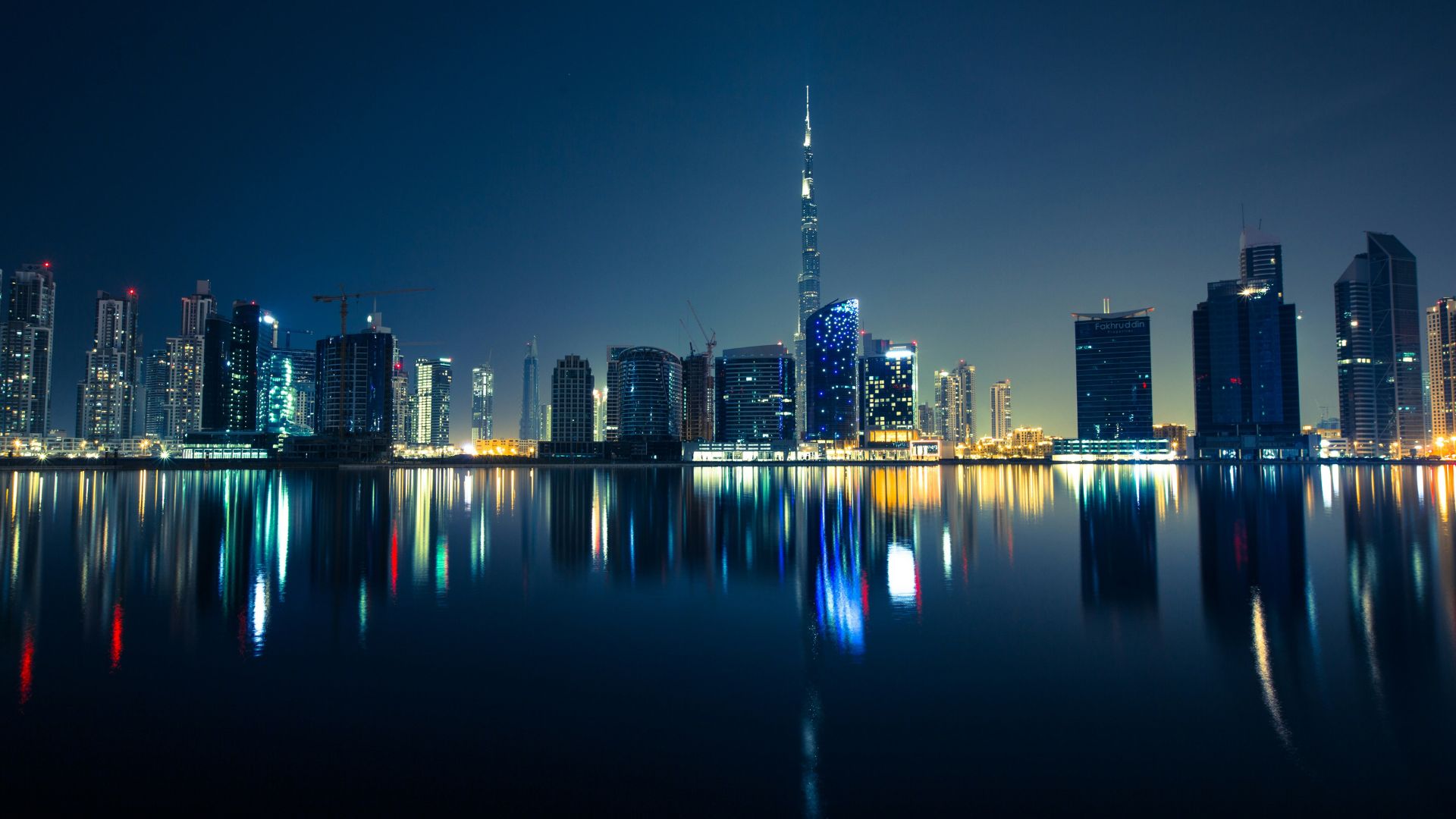Budgeting for a property purchase in Dubai’s dynamic real estate market in 2025 requires careful planning to ensure financial success. With properties ranging from affordable apartments in Dubai South to luxury villas in Palm Jumeirah, understanding costs and aligning them with your goals is essential. This guide outlines how to create a robust budget for your Dubai property investment, optimizing for affordability and long-term value.
Key Costs to Consider
The total cost of acquiring a property in Dubai amounts to over the price of the property. Dubai Land Department (DLD) charges a 4% transfer fee plus an AED 580-4,300 administration fee depending on the property type. Mortgage registration fees (0.25% of the loan) apply for transactions financed. Additional fees are real estate agent fees (2% of the value of the property), valuation fees (AED 2,000-3,500), and living costs within the community in Dubai Hills Estate or Arabian Ranches. Off-plan purchases may come with a 10% payment as a deposit, with the balance paid over flexible timelines.
Calculating Your Budget
First, establish your financial capacity, such as money saved in the bank, wages, and the weight of debts. Dubai banks offer expatriates mortgages worth up to 75% of the value of non-resident property for a guaranteed monthly salary of AED 15,000. Calculate your debt-to-income ratio (less than 50% preferably) to verify the loan eligibility. For example, an AED 1 million apartment in Al Furjan requires a 25% down payment (AED 250,000), along with DLD and other fees (approximately AED 50,000). Off-plan properties in Emaar South or DAMAC Lagoons offer lesser initial expenditures with staggered payments following handover, easing budget strain.
Investment Targets and Return on Investment
Your budget should be aligned with your investment goals. Flats in Business Bay or Downtown Dubai yield 6-8% rental yield, highly preferable for short-term rental via Airbnb. Villas in Dubai Hills Estate or Meydan yield 5-7% returns and 5-10% appreciation, ideal for long-term investors. Properties worth above AED 2 million qualify for the Golden Visa, with additional residency benefits. Monitor market trends to identify growth areas like Dubai Creek Harbour, where off-plan properties appreciate 8-10% upon completion. Factor in maintenance and vacant days to build a consistent cash flow.
Budget Optimization Tips
To get the best out of your budget, opt for off-plan developments from reputable developers such as Emaar or Nakheel, with reasonable prices and easy payment options. Compare mortgage rates from banks like Emirates NBD or ADCB, targeting fixed rates to avoid market volatility. Work with RERA-certified agents to negotiate developer discounts, especially for bulk purchases in emerging hotspots like Dubai South. Set aside a contingency fund (5-10% of the property value) for unexpected costs like repairs or legal fees. Leverage Dubai’s tax-free environment to maximize returns.
Budgeting for Success in 2025
Dubai’s real estate in 2025 has everything to offer, from modest townhouses in Al Furjan to luxury penthouses in Burj Al Arab Views. By taking all costs into account, getting pre-approved, and aligning your budget with investment and lifestyle dreams, you can make an astute purchase. Stay updated on market trends and infrastructural investments, like Expo City, to see your investment thrive in Dubai’s booming economy.

